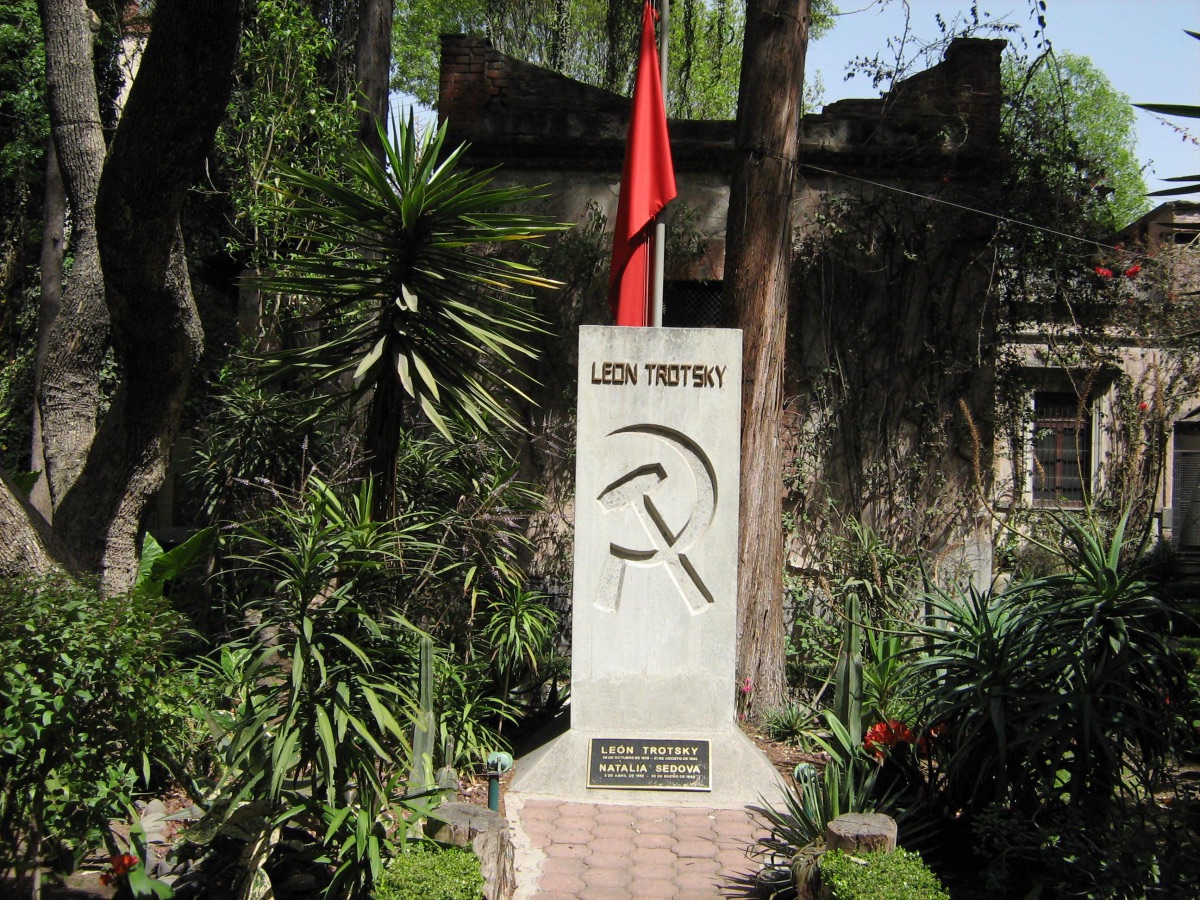MEXICO CITY, Mexico — Russia has expanded its intelligence operations in Mexico in a return to Cold War-style espionage, according to U.S. officials and former intelligence officers.
Over recent years, dozens of Russian personnel have been added to the embassy in Mexico City, even though Moscow maintains limited trade ties with the country.
U.S. officials believe this buildup is part of an effort to target the United States with spy operations and disinformation campaigns.
“Russia has really invested in Mexico in terms of seeking to extend their presence,” said a U.S. official, speaking to NBC News.
The Biden administration has raised the issue with Mexican authorities, emphasizing the risks posed by Moscow’s growing intelligence footprint.
CIA Director William Burns confirmed earlier this month that U.S. intelligence is “sharply focused” on Russia’s expanding activities in Mexico.
He noted that Russian intelligence officers have been searching for new bases of operations after being expelled from European countries following Russia’s invasion of Ukraine in 2022.
“Part of this is a function of the fact that so many Russian intelligence officers have been kicked out of Europe,” Burns said. “They’re looking for places to go and looking for places in which they can operate.”

Expanding Presence
Russia’s activities in Mexico, observers say, reflect a more aggressive stance by its intelligence services.
Russia’s global operations have included sabotage, cyberattacks, and disinformation campaigns, as well as efforts to undermine Ukraine and weaken Western democracies.
According to Air Force Gen. Glen VanHerck, head of U.S. Northern Command, Russia’s GRU military intelligence service has the largest concentration of personnel in Mexico.
“The largest portion of GRU members in the world is in Mexico right now,” VanHerck told the Senate Armed Services Committee in March 2022.

“Those are Russian intelligence personnel, and they keep an eye very closely on their opportunities to have influence on U.S. opportunities and access.”
Since VanHerck’s comments, Russia has continued to expand its diplomatic staff in Mexico City, securing accreditation from Mexican authorities.
However, Mexico’s President Andrés Manuel López Obrador has downplayed the threat, asserting that Mexico is “a free, independent, sovereign country” and denying any direct knowledge of the Russian intelligence buildup.
Historical Footprint
Russian intelligence has long had a presence in Mexico.
During the Cold War, the Soviet Union used Mexico City as a hub for operations targeting the U.S.
In one notable case from the 1970s, college student Christopher Boyce and his friend Andrew Daulton Lee were convicted of passing U.S. satellite secrets to the Soviet Union via Russian agents based in Mexico.

Their story became the subject of the film The Falcon and the Snowman.
In 1940, Soviet agents assassinated revolutionary leader Leon Trotsky in Mexico, after he fled to the country while in exile from Joseph Stalin’s regime.
Trotsky’s murder is one of the most notorious examples of Soviet espionage operations in the country.
A Benign Environment for Spies
Russia’s intelligence operations in Mexico benefit from what former U.S. intelligence officers describe as a “benign environment.”
Unlike the U.S., where Russian diplomats and intelligence agents face close scrutiny, Mexico offers a less restrictive setting for Russian espionage.
“It makes a lot of sense, and it’s why the Russians are there in such big numbers,” said Douglas London, a retired senior CIA officer.
The proximity of Mexico to the U.S. provides a convenient base for Russian intelligence to support operations inside the United States.
Russian agents in Mexico may use the country’s border for covert meetings with informants, facilitating espionage while avoiding the attention of U.S. law enforcement.
While covert crossings of the southern border are not a priority for Russian operatives, experts say they cannot rule out collaboration with criminal networks if necessary.
U.S. officials are also concerned about Russia’s efforts to manipulate the information landscape in Mexico.

Russian state media outlet RT has expanded its reach in Mexico, running large advertising campaigns.
Earlier this year, Russia’s ambassador to Mexico amplified false reports claiming the U.S. was recruiting cartel members from Mexico and Colombia to fight in Ukraine, an unverified account picked up by Mexican news outlets.
As Russian intelligence expands its influence in Mexico, the U.S. government continues to monitor developments closely, raising alarms about the potential for increased espionage and disinformation efforts directed at U.S. interests.







